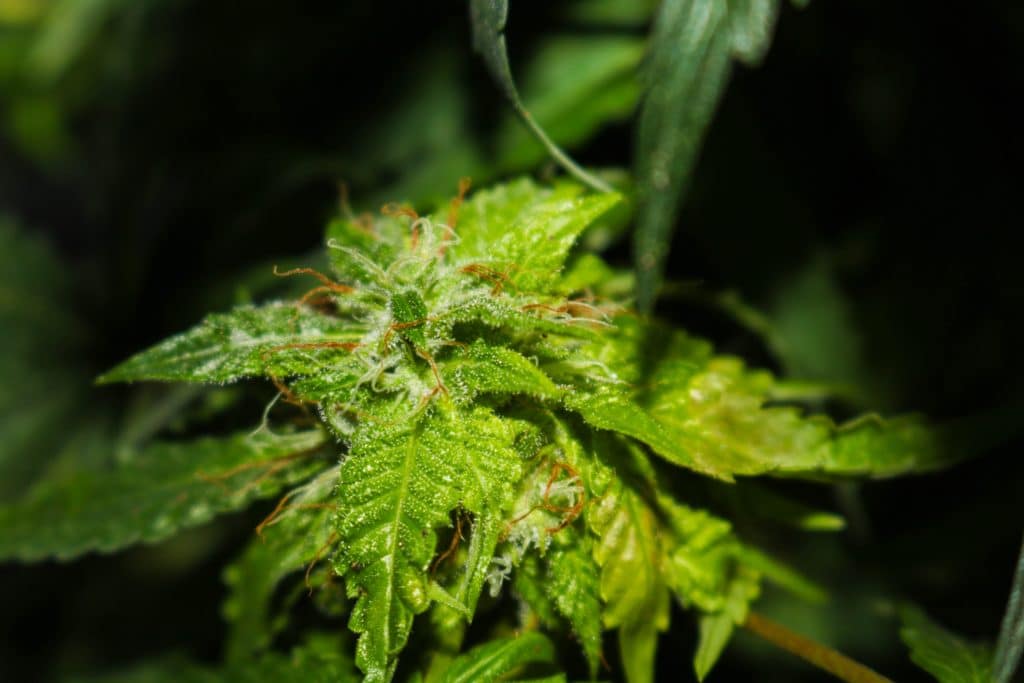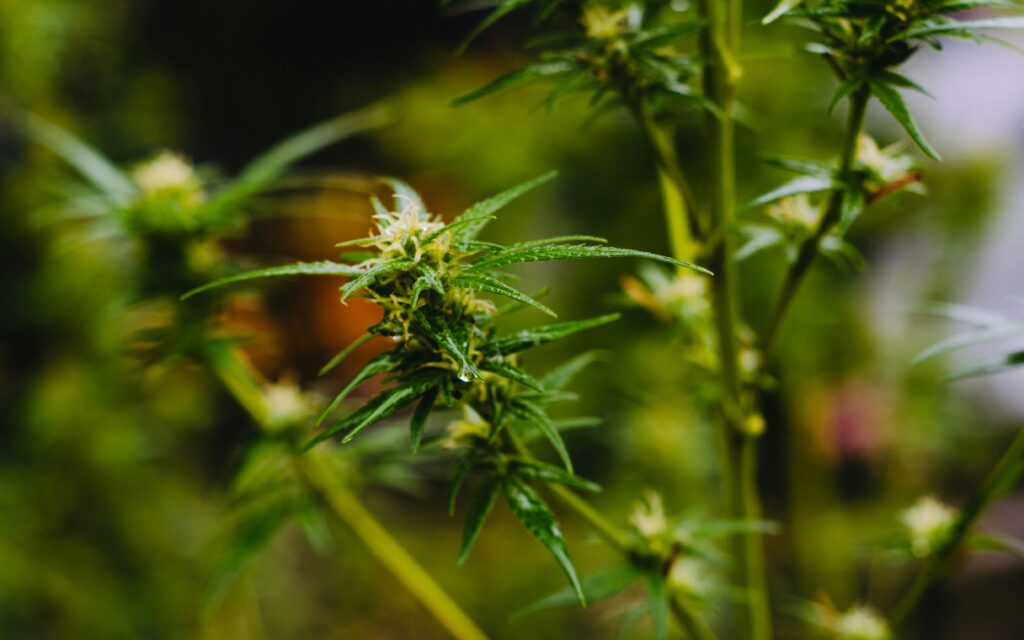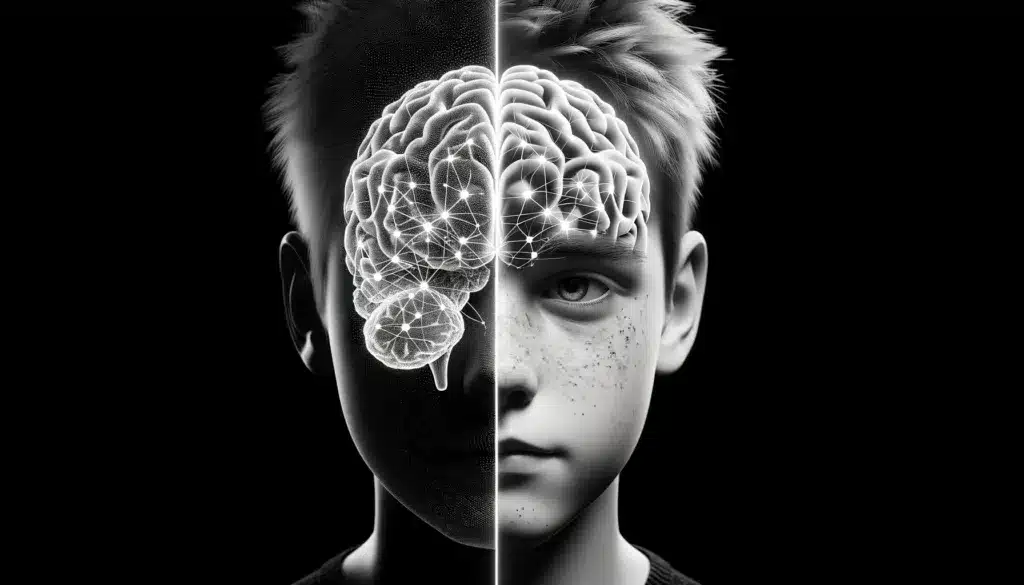By Heather Ritchie, Staff Writer for Terpenes and Testing Magazine
As of 2016, the National Institute of Mental Health, reports that 44.7 million people in the U.S. have a mental illness. These disorders range from mild to severe and are organized into two categories: Any Mental Illness or AMI and Serious Mental Illness or SMI. AMI includes all recognized mental disorders and SMI is a smaller category that encompasses the most severe mental illnesses.
Billions of dollars each year are spent on the treatment of a myriad of emotional and mental illnesses like bipolar disorder, post-traumatic stress disorder (PTSD), depression, attention deficit hyperactivity disorder (ADHD), anxiety, or more. No matter what kind of mental illness it is, these disorders are debilitating to those that suffer from them. These illnesses make it difficult to lead healthy, productive lives when people become overwhelmed by the demands and challenges their conditions can cause.
Many of the primary difficulties include financial concerns, chronic illnesses, mood changes, relationship stress, parenting, and aging. One disorder with widespread prevalence is PTSD. It’s the principal reason that, on average, 22 military veterans commit suicide each day. It’s not limited to the military alone. People may develop PTSD as a result of car accidents, someone who’s experienced physical and emotional abuse, really anything that causes stress from an associated trauma.
Treatments for Mental Illness
There are few treatments available, and for the ones used the most there are side effects, one being suicidal tendencies. Fortunately, options other than anxiolytics and SSRI (selective serotonin reuptake inhibitor) medications are becoming available.
The plant kingdom is most likely the greatest resource for treating many mental disorders. Plants like Valerian, Withania, Curcuma, Piper, and Passiflora have provided significant improvements in the treatment of mental conditions like bipolar disorder, depression, manic depression, and anxiety.
Now that medical cannabis is finally budding in availability, studies are illustrating that cannabidiol (CBD) is achieving recognition for its extraordinary ability to help improve the status of psychiatric illness without the plant’s psychotropic or psychotomimetic effects. The antipsychotic actions of CBD are powerful and diverse. The chemical’s pharmacological profile is similar to commonly-used atypical antipsychotic drugs today.
CBD as a Treatment
CBD is interesting to physicians and scientists because of its therapeutic benefits; yet how it exerts them on a molecular level is still being studied. It’s a pleiotropic drug because it produces a variety of effects using numerous molecular pathways.
One active mechanism of CBD is that “it inhibits the reuptake and hydrolysis of anandamide,” helping it exert its therapeutic benefits throughout all of the body’s systems. CBD’s clinical benefits extend to depression, anxiety, and schizophrenia, too. Scientific literature has acknowledged that CBD has more than 65 molecular targets.
While it doesn’t have much binding affinity for the CB1 and CB2 cannabinoid receptors, it modulates multiple ion channels and non-cannabinoid receptors. It also acts through several receptor-independent pathways.
Due to CBD’s broad range of pharmacological actions that have illustrated its medical efficacy, an evaluation was done of all clinical studies that investigated the use of CBD to treat psychiatric symptoms. The findings suggested that CBD “may exert antipsychotic effects in schizophrenia mainly through the facilitation of endocannabinoid signaling and cannabinoid receptor type 1 antagonism.”
It was also shown to exhibit anxiolytic effects in people with social anxiety disorder (SAD) by modifying serotonin 1A receptor antagonism, and cerebral blood flow in certain brain sites. The study also showed that it can help reduce symptoms of withdrawal in patients that are tobacco/cannabis dependent. This is achieved through the modulation of serotoninergic, glutamatergic, and endocannabinoid systems.
Scientific research of pro-cognitive, preclinical effects that CBD has on psychiatric disorders lacks substantial results, and further research is needed. Further studies need to include more randomized controlled samples and investigate the drug’s impact on biological measures. This is required to correlate the clinical effects of CBD to possible modifications of the signaling of neurotransmitters and functional and structural cerebral changes.
CBD for PTSD
CBD is very effective at reducing the symptoms of PTSD like fear memory. It lowers the probability of hypervigilance and helps with recurring nightmares. It has the relaxing effect of calming anxiety.
CBD for OCD
One CBD study on rats discovered that the molecule helps to reduce the need to carry out repetitive actions. This symptom is one of the most debilitating for those suffering from Obsessive Compulsive Disorder (OCD).
CBD for SAD
According to the Anxiety and Depression Association of America, anxiety disorder affects 40 million adults in the U.S., and it’s one of the most common mental disorders in America. SAD affects approximately 8.7 percent of the population of the U.S. Note that this usage of “SAD” is different from seasonal affective disorder, also called “SAD”.
CBD tincture helps people with SAD become more comfortable with public speaking. One study in the Journal of Psychopharmacology stated that, “CBD reduces anxiety in SAD and that this is related to its effects on activity in the limbic and paralimbic brain areas.” Generally, it helps other symptoms associated with anxiety like migraines, panic attacks, and stress.
These are just a few of the mental illnesses that CBD’s therapeutic benefits help. As future research progresses, we most likely see additional benefits of CBD and better comprehend its effects on the human body and brain.
To read more articles like these, visit terpenesandtesting.com.





